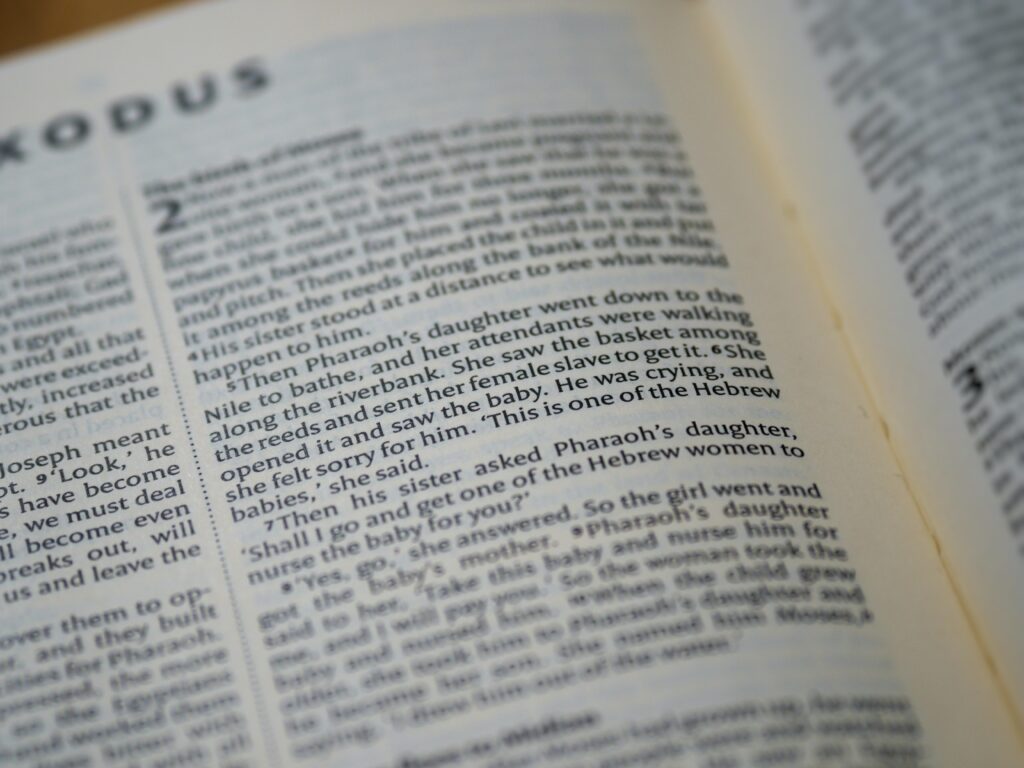Growing up as a little boy my grandmother’s family had a kind of legendary status.
Grandma was from a family with twelve children and one of them was my great uncle who was a frank and forthright person, thus given the name “Dutch."
Dutch grew up and married a woman named Clara. This was problematic as Dutch already had a sister named Clara. To differentiate between the two, his wife was referred to as Dutch’s Clara.
I remember being a little boy and meeting Dutch’s Clara at holidays, family reunions and the like. She was tall, regal and very formal in her mannerism. When she was introduced to me, I heard her name clearly “Duchess Clara”.
Growing up I came to realize that we were descended from some kind of European Royalty and although the Duke had died the Duchess lived on through my school years until she passed.
Nearly twenty-five years later at a family gathering, the discussion turned to family history. During that discussion I asked about the royal lineage in our family, which only led to quizzical looks.
My historian brother asked me what I was talking about. My older sister chimed in asking about Duchess Clara.
At that moment everyone started laughing and explained that it was Dutch’s Clara and not Duchess Clara. For the first four decades of my life, I thought royal blood flowed through my veins. What a huge disappointment!
Thankfully my sister shared my mistake which made me feel slightly less idiotic! My family still laughs about me and the “Duchess!”
I had operated for my entire adult life with this false assumption regarding family glory! What I thought was true did not alter my daily behavior or character but that is not always the case.
What we think affects how we act. How we act can become habit and affect who we are. This is certainly true of children. And it was true of the Israelites in Egypt.
Three Truths God Reveals to the Israelites Through Moses

Genesis closes with Jacob’s entire family of seventy moving to Egypt under Joseph’s care (Genesis 46:27). Joseph and his brothers die, and a lengthy period transpires leading to the enslavement of the Israelites in Egypt.
While there is no exact consensus about dates, it is likely that the Israelites lived for several hundred years in slavery. Certainly, enough time to bring the promises to Abraham into doubt and cause the Israelites to think of themselves as abandoned people.
This falsehood is at the center of the lesson given by God to Moses at the burning bush in Exodus 3-4. In the call of Moses, God reveals three important truths to the Israelites through Moses.
The Truth About His Compassion and Faithfulness
First, God tells Moses the truth about His compassion and faithfulness. God is aware of their suffering and has heard their anguished cries.
Although time had passed, God was faithful to His promises to Abraham and had not forgotten Abraham’s descendants. He intends to make good on His promise to give Abraham’s descendants a land of their own. God’s Word is good.
"Then the LORD said, 'I have observed the misery of my people who are in Egypt; I have heard their cry on account of their taskmasters. Indeed, I know their sufferings, and I have come down to deliver them from the Egyptians, and to bring them up out of that land to a good and broad land, a land flowing with milk and honey, to the country of the Canaanites, the Hittites, the Amorites, the Perizzites, the Hivites, and the Jebusites. The cry of the Israelites has now come to me; I have also seen how the Egyptians oppress them. So come, I will send you to Pharaoh to bring my people, the Israelites, out of Egypt.'" (Exodus 3:7-10)
The Truth That He Has Called Moses To Be His Representative
Second, God explains the truth that He has called Moses to be His representative.
He tells Moses that he would be leading the Israelites out of bondage and captivity. This revelation hits Moses hard and causes the fear and doubt that underlies his lengthy “discussion” with God.
"Go and assemble the elders of Israel, and say to them, 'The LORD, the God of your ancestors, the God of Abraham, of Isaac, and of Jacob, has appeared to me, saying: I have given heed to you and to what has been done to you in Egypt. I declare that I will bring you up out of the misery of Egypt, to the land of the Canaanites, the Hittites, the Amorites, the Perizzites, the Hivites, and the Jebusites, a land flowing with milk and honey.' They will listen to your voice; and you and the elders of Israel shall go to the king of Egypt and say to him, 'The LORD, the God of the Hebrews, has met with us; let us now go a three days' journey into the wilderness, so that we may sacrifice to the LORD our God.'" (Exodus 3:16-18)
The Truth That There Is Going To Be Trouble With The Egyptians
Finally, God reveals the truth that there is going to be trouble with the Egyptians.
The Pharoah is not going to just sit back and let Moses lead the Israelites out of Egypt. However, God’s power would eventually overcome the Pharaoh’s resistance and cause the Israelites to leave with Egyptian plunder.
"I know, however, that the king of Egypt will not let you go unless compelled by a mighty hand. So I will stretch out my hand and strike Egypt with all my wonders that I will perform in it; after that he will let you go. I will bring this people into such favor with the Egyptians that, when you go, you will not go empty-handed; each woman shall ask her neighbor and any woman living in the neighbor's house for jewelry of silver and of gold, and clothing, and you shall put them on your sons and on your daughters; and so you shall plunder the Egyptians." (Exodus 3:19-22)
Closing Thoughts

We could examine these three revelations in detail. However, we are studying this passage to see that God uses the Five Smooth Stones we discovered in Deuteronomy 6:4-9 when teaching Moses.
We have already noted over the last two weeks how God worked relationally with Moses and how He clearly used experiential teaching.
Now we see God laying out the truth for Moses. As is always the case, the truth lies at the very heart of the teaching. Without the truth there is nothing to teach experientially, no reason for discussion and nothing to respond to.
The truth is like the skeleton that everything is built around. God’s concern for the Israelites, His faithfulness to the promises to Abraham and His desire to free them from slavery are at the core of His “lesson.”
God’s truth must be the core of every lesson that children’s leaders present. Our ministry to children is built around communicating the truth of God’s Word.
Without the truth there can be no teaching ministry. And as we illustrated at the beginning of this blog, our perception of the truth affects our actions and our character.
So many children today don’t know important truths such as:
- Nothing can separate us from the love of God (Romans 8:39)
- If we confess our sins, God will forgive us (I John 1:9)
- Our work is ultimately to please God (Colossians 3:23)
- We should choose our friends carefully (Proverbs 12:26)
- You’re never alone (Deuteronomy 31:8)
And these are just a few examples. As God shows in this “lesson” for Moses, teaching the truth is essential. We can follow God’s lead and make teaching the truth of God’s Word central to our children’s ministry.
This weekend, make certain to teach the truth of God’s Word with conviction, passion, and creativity. The truth can change the life of a child for eternity!
